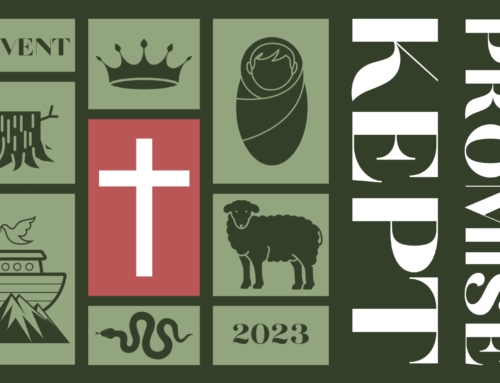Recently, we began studying the book of Isaiah in Sunday School. This class meets every Sunday morning at 9:30 in the basement, and all adults are welcomed and encouraged to attend and participate. In case some of you are unable to attend, we will be posting the main points of each weekly study here on our church blog. I will be trying to post on Mondays of each week.
The second section we looked at is Isaiah 1:10-17. In these 8 verses we see:
1. God’s patience is clearly seen. At the end of the preceding section (v. 9), Isaiah told the people that it is only because of God’s mercy and grace that Judah had not been destroyed in his judgment. Isaiah 1:9 says that if God had not left a remnant (a few survivors) then Judah would have been wiped away by God’s judgment. In this passage (1:10-31), we see God calling the people of Judah to repentance—that they might be a part of the remnant or survivors. He tells them in verse 10 to “hear” and to “listen” to God’s instruction. God is calls them (and us) to himself and to his mercy and grace.
2. God’s hatred for false religion is seen. He tells them that he takes n pleasure at all in their sacrifices. He tells them to stop coming into his presence and making offerings. He says that those things are “detestable” to him. He “cannot bear” their assemblies. He says that he “hates them with all his being.” They are a “burden” to him and he is “weary of bearing them.” He says that he refuses to hear their prayers and hides his eyes from them. This is not because God is so harsh or insensitive or uncaring—we have already seen his mercy and willingness to shield his judgment from some survivors. What we see here is his absolute hatred for hypocrisy and false religion. In verse 13, he says that it is meaningless.
3. God provides the way out of this situation. In verses 16 and 17, he tells his people to (1) Wash themselves, (2) Make themselves clean, (3) Take their evil deeds out of God’s sight,(4) Stop doing wrong, (5) Learn to do right, (6) Seek justice, (7) Defend the oppressed, (8) Take up the cause of the fatherless, and (9) Plead the cause of the widow. However, he is NOT telling them (and us) to earn our way to him. He is not telling us to clean ourselves up by our own efforts so that we will be pleasing to him. He is telling them (and us) to turn back to him for cleansing—to repent of our sins—to come before him with sincerity, genuineness, trusting, and confessing our need of him.
Let us be careful that our worship and our lives are from a genuine and repentant heart. Let us sing with our heads—understanding/knowing/paying attention to what we are singing and with our hearts—feeling/loving/meaning what we are singing. Let us participate in Bible studies and classes and discussions not just to learn more information but to put that information to use in our lives that we might be more and more holy as we repent more and more of our sins. Let us serve for the good of the people we are serving and the glory of our savior not to make a name for ourselves or make others think highly of us, or only for the pleasure and satisfaction we get from it.




